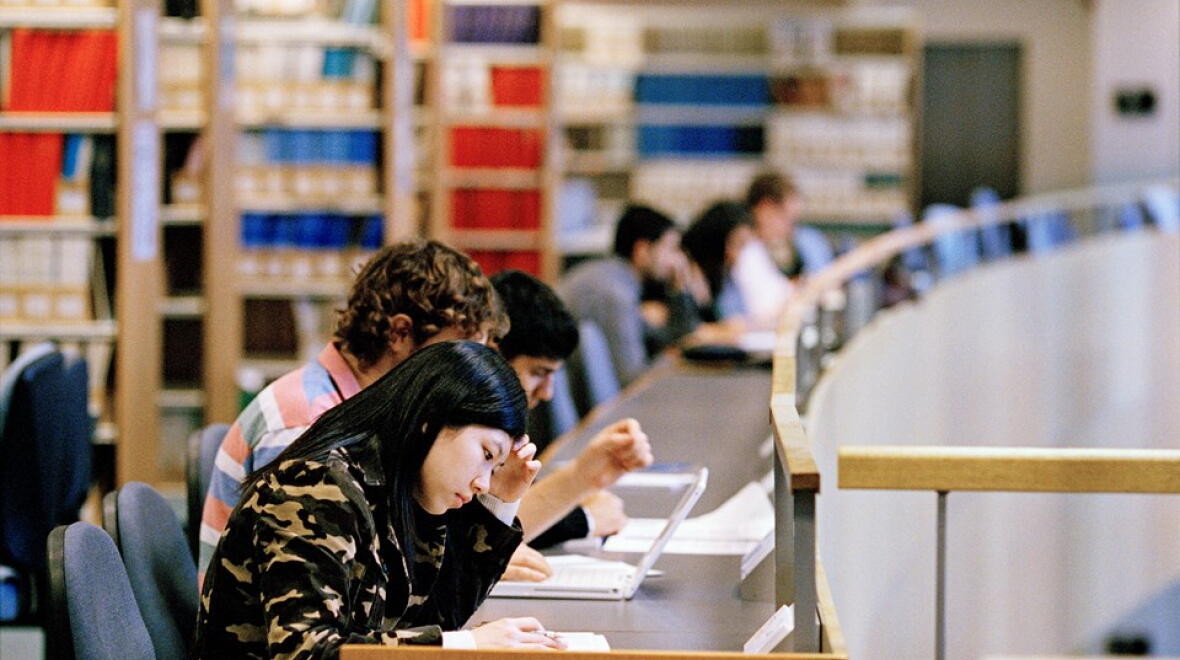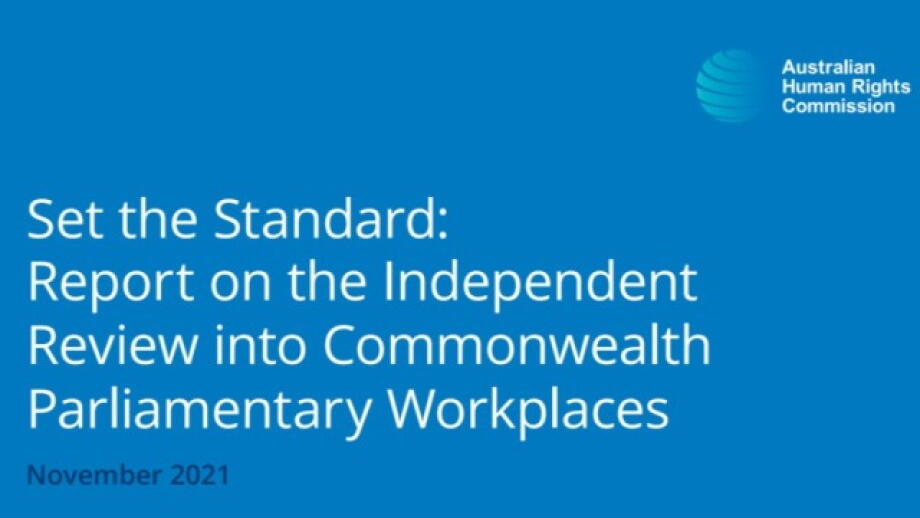Following their participation, student leaders found that their confidence in their ability to communicate, be actively aware and challenge gender inequalities increased
Whilst there has been some progress in recent years, the disproportionate majority of male students and staff in academic leadership positions clearly demonstrate that significant gender inequality persists in higher education, and much more needs to be done to address this. Gender equality training is essential to build the capacity of future leaders to dismantle disadvantage, influence change and strengthen diversity and inclusion across higher education institutions (HEIs).
With funding from the Irish Higher Education Authority, we designed a programme to empower student leaders and promote gender equality in both academic and social environments – the LIBRA programme (named for the scales of balance and justice). The programme aims to future-proof gender equality in HEI leadership – and ultimately in the workplaces to which our students would progress – by working with the leaders of the future to address bias and accelerate cultural change.
We employ simulation-based training where students engage in immersive experiences that closely replicate real-world scenarios and challenges and enable students to develop the relevant knowledge, skills and attitudes to promote gender equality. We know that practice makes perfect and simulation-based training fosters active participation and engagement thus enhancing knowledge acquisition and skill development.
Following a comprehensive review of the training needs for higher education student leaders on gender equality and leadership (including interviews with student leaders and gender equality experts), we designed five simulation scenarios based on real life examples to cover: microaggressions, gender stereotyping, power imbalances, committee role recruitment processes and bystander intervention. In addition to the scenarios, we also developed a series of online training modules for the trainers and simulated persons and a pre-training module for our student leader participants. We piloted the LIBRA programme at two HEIs where student leaders engaged with the simulated scenario training content, as the protagonist interacting with the trained simulated participants and as observers, providing feedback to their peers and reflecting on actions employed.
Following their participation, student leaders found that their confidence in their ability to communicate, be actively aware and challenge gender inequalities increased. They also felt comfortable participating in the training and found that the feedback provided to them was useful to empower them with skills necessary to act in situations that may affect gender equality. Student leaders also emphasised the universal application of this training, responding that they could use what they had learnt “every day” and “every aspect of life”.
The LIBRA programme has demonstrated the potential to equip students with skills to influence change and strengthen diversity and inclusion within HEIs. It is a programme that can be adopted by educators and researchers globally, with new and locally relevant scenarios developed according to the situational context, discipline or setting. Whilst we acknowledge that training like our programme is only one means of influencing change, we believe that the programme could be instrumental in realising the ambition of achieving gender equality at a global level. Our LIBRA programme resources are freely available to educators and researchers and provides an opportunity for those to utilise and adapt the LIBRA programme for local settings to empower our student leaders to advance gender equality and activate change. You can find out more by contacting the LIBRA Team at s.lucey@ucc.ie.
Dr. Siobhán Lucey is co-investigator on the LIBRA programme. She is an applied economist with a PhD (Economics) from the University of Glasgow, a Senior Fellow of the UKHEA, an Erasmus+ DELTA scholar and an Advance HE Auroran. Dr. Lucey is the co-founder and inaugural President of University College Cork’s Women’s Network (Mná@UCC) and is the inaugural Strategic Collaborations officer on the 2024 Network Ireland Cork Committee. In 2024, she was awarded Employee Shining Star and is currently a Visiting Fellow at the Global Institute for Women's Leadership (GIWL) at the Australian National University.
Contact
Siobhán Lucey
The workplace & working lives
You may also like
Getting diversity 'right' in Australia's nascent space industry matters
Dr Elise Stephenson, GIWL Research Fellow, has published an opinion piece about the importance of getting diversity 'right' in Australia's space industry. Given the centrality of…
Exploring the evidence: 28 Days of Tweeting the Jenkins Review
In 2021, revelations of sexual harassment, misogyny, bullying and even criminal behaviour between and among parliamentarians and political staff rocked Australia and sparked mass protests across the…
Is queerbaiting problematic or powerful? Internet culture is making it harder to draw a moral line
The quest for queer representation may be unfairly forcing public figures to put a label on their sexuality.





